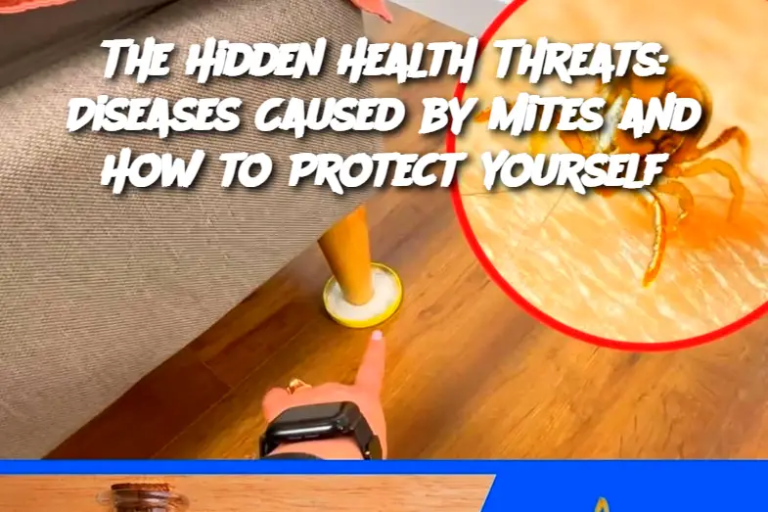ADVERTISEMENT
Allergen-Free Home: If someone in your home suffers from dust mite allergies, consider switching to allergen-free sheets, pillows, and mattresses. Specialized air purifiers can also help reduce dust and mites in the air.
Pet-Friendly Remedies: If you have pets, regularly bathe them and check for mites, especially if they have skin conditions. Mites like Demodex can affect pets, and treatment will help protect both them and the humans in your household.
FAQs:
Can mite infestations be completely prevented? While it is difficult to completely eliminate all risk, maintaining a clean environment, controlling humidity levels, and using mite-repelling products can significantly reduce the chances of an infestation.
Are mite-borne diseases contagious? Some, like scabies, are highly contagious and can spread through direct skin contact. Others, like chigger bites, are not contagious but can cause irritation and secondary infections from excessive scratching.
How can I tell if my itching is caused by mites? If your itching is accompanied by red bumps or a rash, especially in areas where mites are likely to be (e.g., bedding or animal contact), it's worth consulting a healthcare provider to confirm the cause.
Can mites cause long-term health problems? In some cases, prolonged exposure to mites, especially dust mites, can lead to chronic allergic reactions, asthma, or other respiratory issues. If untreated, conditions like scabies can lead to infections.
Understanding the risks of mite infestations and taking proactive measures can help protect your health and reduce the potential for diseases. By being aware and prepared, you can ensure that mites won't be the silent health threat lurking in your home.
ADVERTISEMENT
